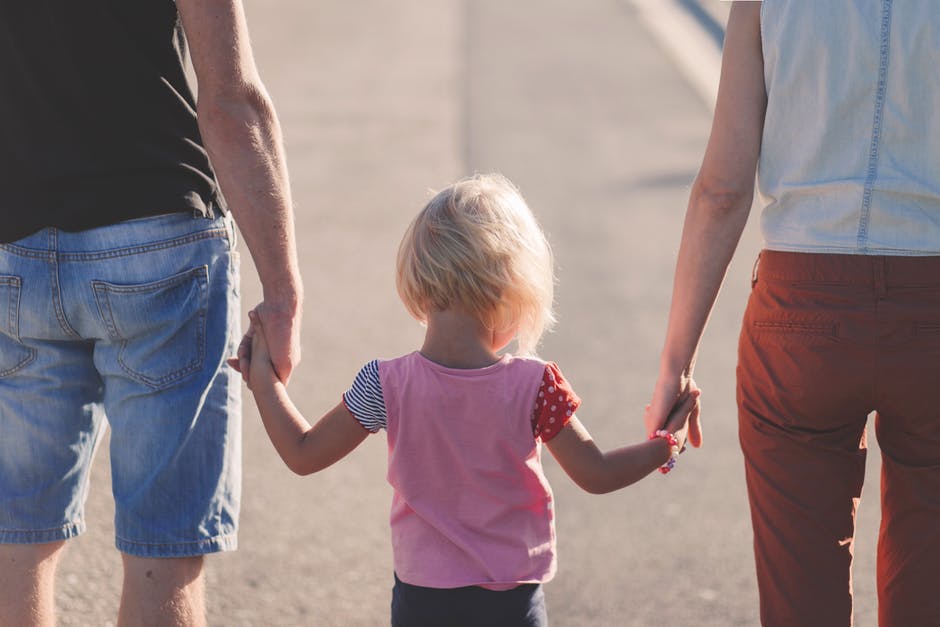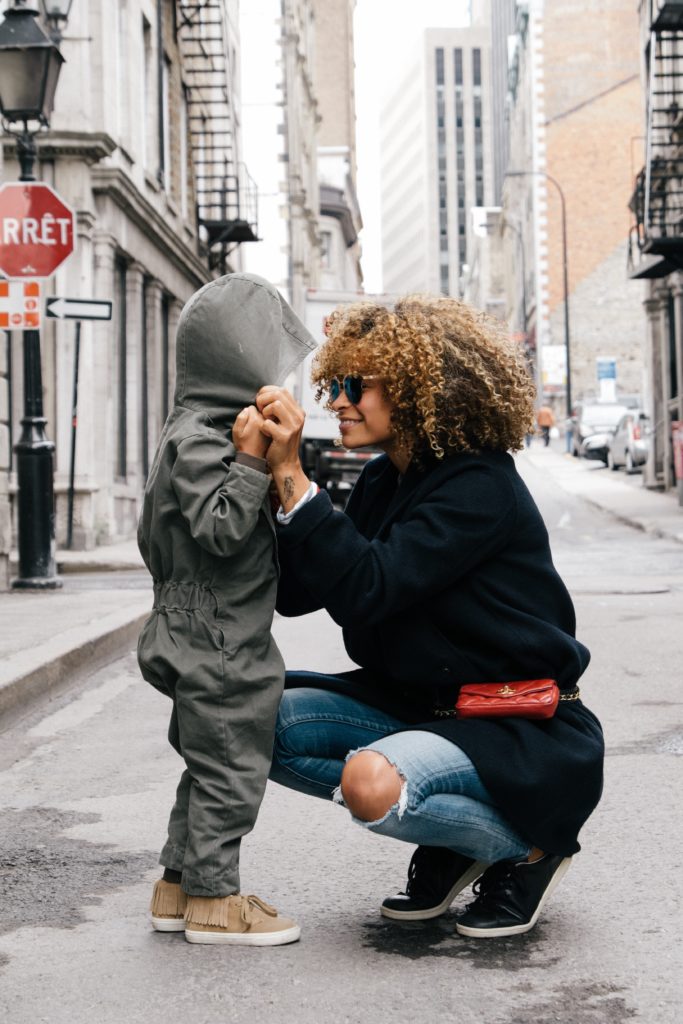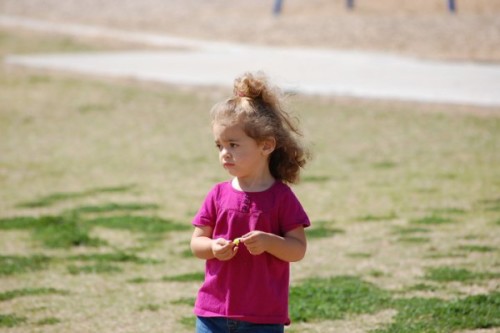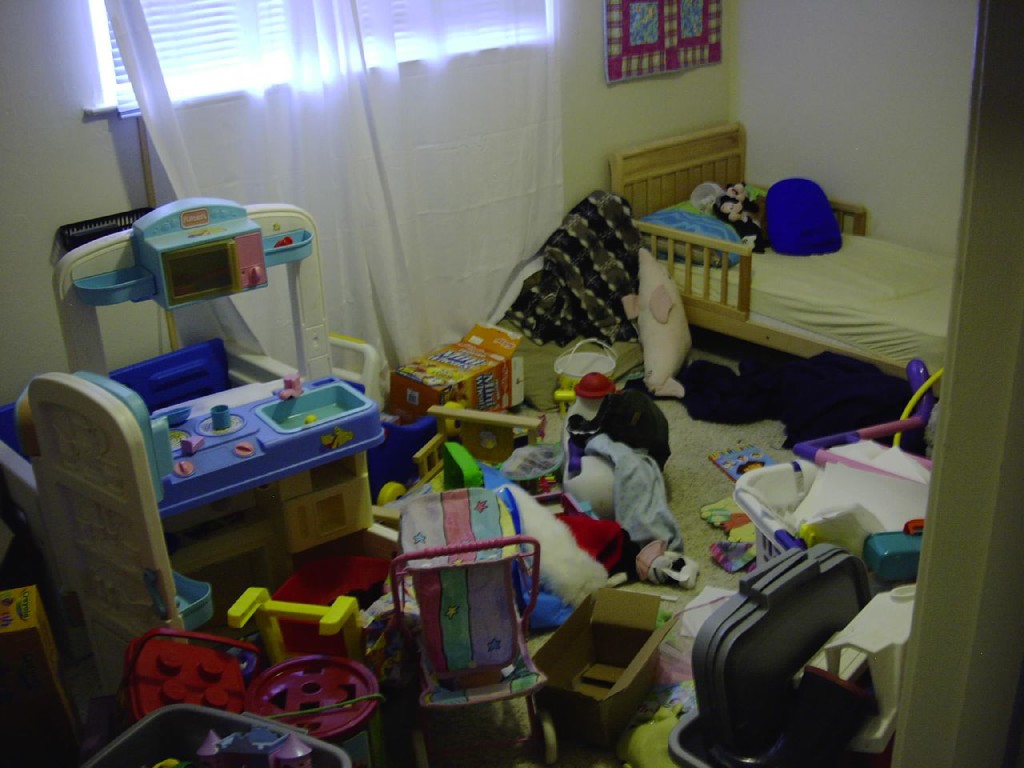
Why do the holidays seem to bring out the worst in people? Don’t answer that yet.
And why, WHY, do people insist on treating their kids like they’re not even people? Don’t answer that yet either.
Christmas depresses me. I mean, don’t get me wrong. I love Christmas. I love making it special for my kids, love giving presents, love making cookies, love the food, love the festivities. This year is a mellow year for us. We just came off the nine-year-old’s play, which was taking a lot of time, especially during that final tech week. And my semester just ended, the same week as her play. So right now, I’m exhaling. Exhaling and getting ready to enjoy the holidays, but not freaking out about getting anything in particular done in time. What will be will be, and it’ll be nice.
But it still depresses me.
Mainstream parents tend to go a little crazy this time of year. I’ve never made any secret about the fact that I disagree with mainstream parenting in general… but never do I disagree with more fervor than at Christmas time.
I don’t have the vocabulary to express how much I hate some of what goes on during Christmas. (And by the way: Like they say in the movie Stepmom, hate isn’t a word I use often. I think it’s a “perfectly acceptable word, but only to be used when I truly detest something”) I truly detest what some parents do this time of year.
I wrote about the Santa Cams a few weeks back, but the latest thing that’s been brought to my attention is the idea of “present jail.” In a public post that is getting praised up and down on Facebook, one mom posted a picture of a cardboard box with some presents in it, and writes:
So….we started this yesterday because one little girl refuses to listen and behave. Any present still in the box at Christmas goes put up and can only be EARNED back by good behavior. If they can follow the rules and be good for an entire day, they can return a jailed present back to the tree. Sometimes having a visual helps a lot more than just telling them. And they have to put the present in there themselves. Presents are a privilege not a right, naughty children do not get gifts for misbehaving. #meanmom
The first time a friend showed it to me, I said, “I should write about that. But how many times, and how many ways can I say, “BE NICE TO YOUR KIDS?” I’ve said essentially the same thing dozens, if not hundreds, of times.
And I’m saying it again, I think in the hopes that someone, somewhere will read my words, and say, “Oh. I hadn’t thought of it that way.” One person. That’s all. And maybe it’s you. Maybe you’re the one I’m talking to.
This whole idea of earning gifts is archaic and cruel and the exact antithesis of what gift giving should be. Gift-giving should be unconditional. That’s the whole point. Gifts should be something that come from the heart of the giver, with no strings, and no expectations. Buying a gift, and then taking it away as punishment? It ceases to be a gift … even if they “earn” it back. You took something that should have been an expression of love and turned it into an ugly and void commodity. Congratulations.
And why just the kids? Why do kids need to earn their presents? If you buy your husband a new watch, and he comes home from work grumpy one day, do you hold it ransom? Do you tell him you bought him a present, but he doesn’t get it unless he “behaves.”? That is not a way to treat someone you love, no matter their age. It seems kind of ludicrous to think about doing it to a spouse or a friend or another adult loved one, so why, WHY would anyone think it’s okay to do to kids? As horrible as I think it’d be to do to an adult (and I do indeed think it’s pretty darn horrible), I think it’s a million times worse to do it to your kids. Your kids are still learning. Still figuring things out. Still working out how to deal with their feelings, and how to to navigate a world that is nuanced and tricky and at times extremely complicated. They need parents who are going to love them through it, to be by their side, to model appropriate behavior. And at this time of year, they need parents to show them what giving really means. Can you imagine the sad and confusing message it sends to them about generosity to be told that they have to earn their gifts? That their gifts can be taken away at a moment’s notice if they’re “naughty?” Naughty, by the way, is a word that should never be used for a child, or anyone, especially one who is just trying to deal with something difficult the best way they know how. They need our HELP, not our punishment and our shame.
I’ve had a few moments over the past month or so that I’m not proud of. I’m a human, and I’m not perfect.
Guess what? Your kids are humans and are not perfect either.
They deserve your love, your compassion, and yes, they deserve your generosity! Whether it’s in the form of your time, of an experience, of something handmade, of something they’ve been wanting from a store. It feels good to give to people we love. At least it’s supposed to! I can’t imagine it feels good to hold presents hostage, unless it honestly makes you feel good to do something unkind, which…. isn’t right. It’s just not. We’re not designed that way. We’re designed to love unconditionally, to give without expectation, to show our kids (through our words, through our actions, through our time) that they matter. That we love them. That we are, in fact, their biggest fans. Their biggest supporters. Their biggest role models. The ones they can count on when life gets squidgy, and the ones who will stand beside them when they’re scared, telling them, without a moment’s hesitation, “Don’t worry, I’ve got your back.”
It feels good to love with that kind of love, because IT IS GOOD.
Nothing about buying and withholding gifts (and being so dang proud of it) fits into this model of true, unconditional love. In fact, it downright perverts it.
Kids need and deserve our love and compassion all year round, but especially during the holidays. Schedules are messed up, sleep is spotty, there’s extra excitement and stimulation and fancy foods, and it’s no wonder a child – or an adult – would be out-of-sorts. LOVE THEM THROUGH IT. Help them. Don’t punish them. Don’t turn gifts, something that should be fun and loving and happy, into a gross display of power and intimidation. Don’t teach your kids that gifts should come with strings attached. Don’t teach your kids that other people are theirs to control and manipulate. Don’t teach your kids that the way to solve a problem is through shaming and scare tactics.
Please, please don’t.
This Christmas, be nice to your kids. Please. Treat them like people. Treat them the way YOU would like to be treated.
And I’m pretty dang sure you wouldn’t want your new iPhone taken away because you were a little snippy one day.
Be nice to your kids.
















